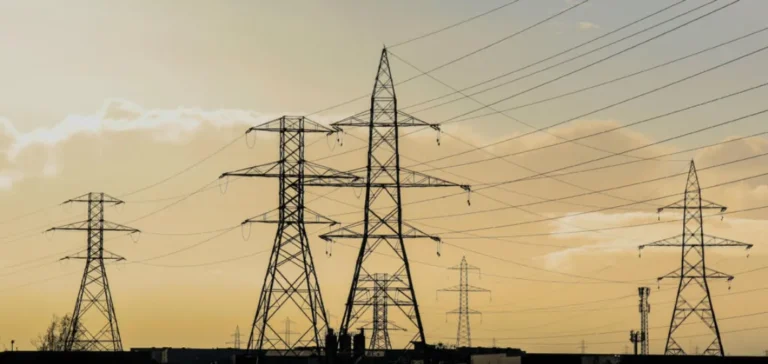At the Franco-German Council of Ministers held in Toulon, Emmanuel Macron and Chancellor Friedrich Merz adopted a series of bilateral roadmaps aimed at strengthening strategic cooperation between the two countries. Among the eight validated axes, energy emerged as a central issue, with a specific agreement on recognising the role of nuclear power in Europe’s energy transition.
The energy roadmap confirms the shared objective of allowing nuclear power to access European financing mechanisms, on the same basis as other low-carbon sources. The inclusion of a principle of “non-discrimination” in the joint document marks a shift in the German position, which has historically been reserved on the subject.
Nuclear power reintegrated into market logic
This rapprochement comes after several years of disagreement between Paris and Berlin, particularly on the eligibility criteria of energy projects for the European green taxonomy. France had defended full recognition of nuclear energy in financing instruments, while Germany had prioritised renewable energies, in line with its nuclear phase-out policy.
The roadmap does not alter the respective national policies but establishes a common stance on European rules, particularly regarding access to energy transition funds. It could influence upcoming negotiations on the reform of the European Union electricity market.
A political signal for the energy industry
The officialisation of this joint approach comes as several nuclear industry players, including Electricité de France (EDF) and Framatome, are calling for a clearer regulatory framework to ensure the bankability of projects. In Germany, the absence of new nuclear projects limits the direct impact, but support for a more technology-neutral approach is seen as a strong political signal.
Beyond energy, the other validated roadmaps cover trade, industry, digital sovereignty, and defence. Discussions deliberately avoided several sensitive issues, including the proposed trade agreement between the European Union and Mercosur countries, as well as the future combat air system programme.






















